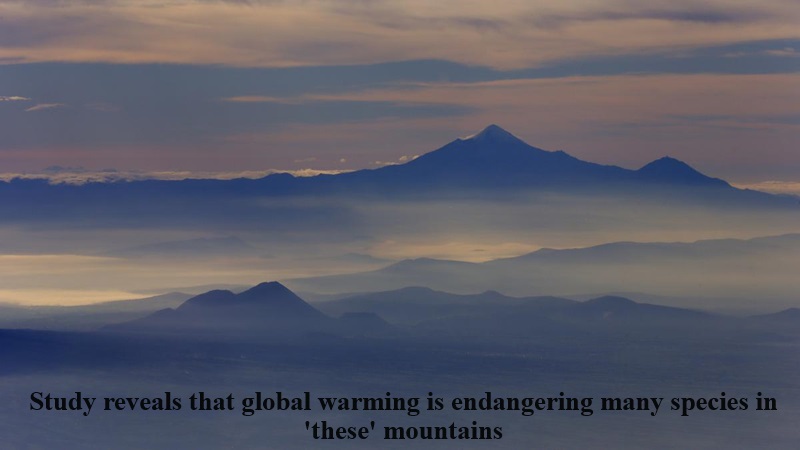
A recent study published in the journal Nature has shed light on the profound impact of global warming on species inhabiting mountainous regions across 17 different areas worldwide, potentially pushing them to the brink of extinction. Despite existing knowledge about the adverse effects of phenomena like glacier retreat, shifts in vegetation zones, and biodiversity loss on mountain ecosystems, this research, led by Academia Sinica in Taiwan, underscores the urgent need to address the alarming consequences of climate change in these vulnerable regions.
The study identifies several risk-prone mountainous areas, including Northeast Asia, the Iran-Pakistan belt, Western America, the Brazilian highlands, the Mediterranean basin, and Mexico. These regions are particularly susceptible to the detrimental effects of global warming, posing a significant threat to the survival of various species.
Moreover, the research emphasizes the importance of meteorological monitoring stations in mountainous areas, which play a crucial role in understanding the complex interactions between weather patterns and ecosystem dynamics. These stations provide valuable data on temperature, wind patterns, precipitation, humidity, and other meteorological parameters, aiding in assessing the impact of climate change on mountain ecosystems.
The study introduces a novel methodology for estimating climate velocities in mountainous terrains, taking into account essential factors such as surface warming and humidity. Lead author Dr. Wei-Ping Chan highlights the significance of considering humidity-induced high velocities, particularly in mountainous regions like Taiwan and Japan.
However, the study also acknowledges the challenges posed by data deficits, particularly the lack of comprehensive meteorological observation data from mountainous areas. Lead researcher Dr. Sheng-Feng Shen underscores the importance of addressing this data gap, emphasizing that while certain areas may not be highlighted in the study due to data limitations, they may still be affected by the impacts of global warming. Despite these challenges, the research provides valuable insights into the vulnerability of mountain ecosystems to climate change, urging for concerted efforts to mitigate its adverse effects and safeguard biodiversity in these critical regions.

Post Your Comments